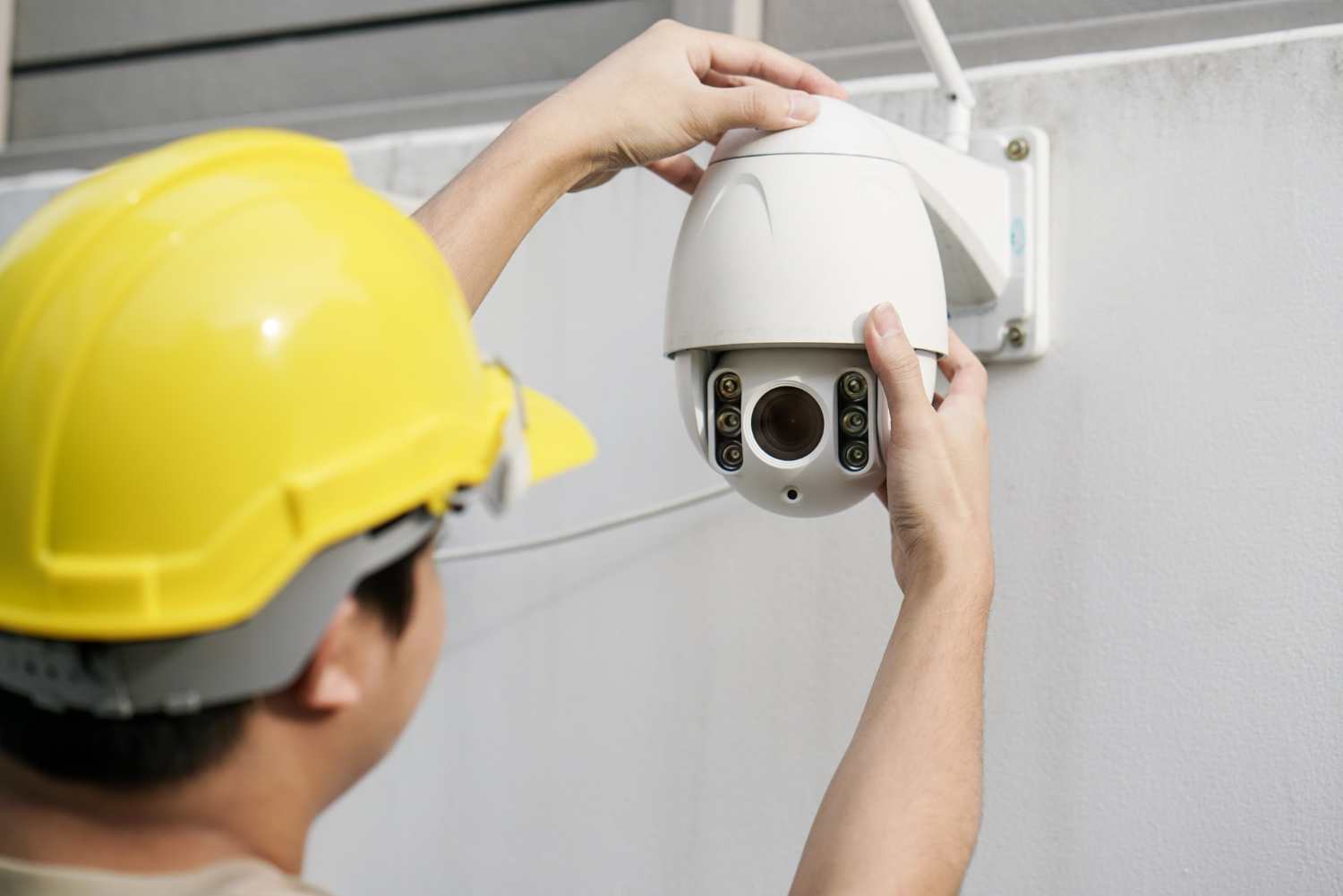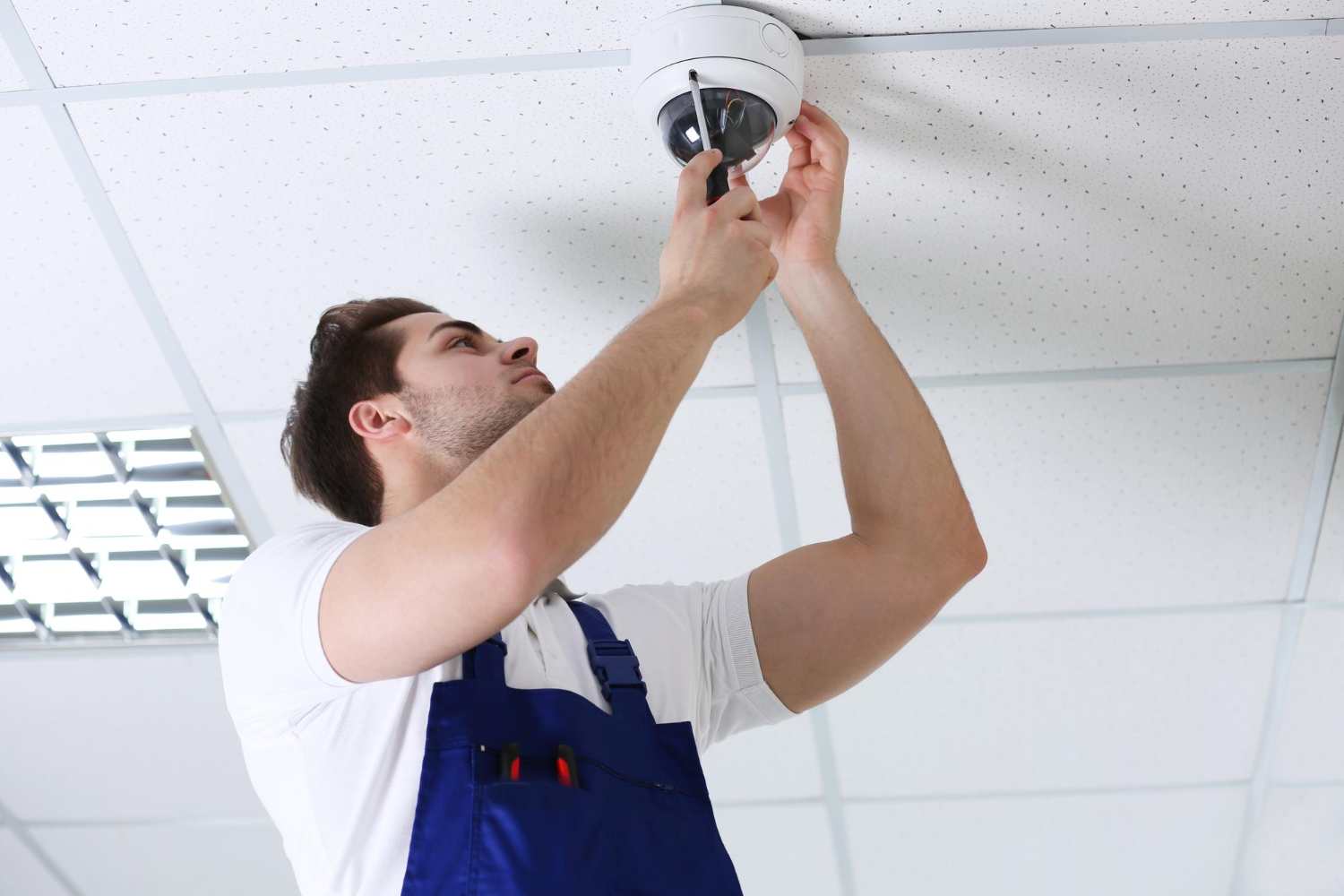Role of security alarms

A smart home security system is one of the essential factors in our lives, so we must consider the most updated versions of any security system. And the most common method in use nowadays are
- Security Alarms
- Access Control System
- Intercom Security Services
An electronic alarm is a low-tension electrical device with sensing elements on entry doors associated with windows. Once a door or window is opened, its sensor detects the interruption within the electricity flow and offers an alert in siren form. Texecom Security Alarms are best for catching unwanted motion Sound, Heat, Fire, Glass breakage, Carbon monoxide, Intruders trying to enter from walls or roof, etc.
Importance of Alarm System
- Security alarms have many features due to modern technology. It can also help you save your energy consumptions by turning off unwanted utilities.
- You can easily watch your whole house by sitting in one room.
- Prevent criminals from entering secure areas. So you can live comfortably with your family and be tension free even if you are away from home.
- The position of alarm sensors plays a vital role. The alarm has to be installed in an area that you are protecting.
- Testing the security alarm system after installing it is necessary to ensure that the system works correctly without any fault.
- Monitory should also be profitable. An alarm is of no use when no one is responding.
- Protection of phone lines to inform the police on time.
There are some basic principles of security. The first is to improve the home security system you have installed to slow the criminal down from reaching the protected zone. You must know that criminals are trying to break in. The first purpose of establishing a security system is to stay alert. You must have a response, and digital security systems make that easy for you by automatically alerting authorities to you. The final and most important principle is that your security must be layered. You should not depend on only one thing. For example, a CCTV camera can show you that some unknown faces can not do anything else than you require a security alarm for the home to alert everyone car insurance
Intercom or Intercommunication device is used within or small collection of buildings. It is used for the transmission of audio and video. Intercom is a two-way communication device through which one person can hear others' voices in the speakers.
Benefits:
- Intercom is beneficial for home security system You can grant permission to select people for desired or highly secure areas rather than using passes; they can use telecom services for this issue. This feature is typically used in entry areas.
- This system is also useful when you use it with a surveillance system for guiding someone in your facility.
- It is also useful for remote monitoring and guards. Intercom makes these services even more valuable and beneficial by providing a service of quick communication. For example, if someone is watching your security camera, they can inform you quickly through the intercom about any security issue.
Who needs a video intercom system?
- Multi-tenant buildings
- Home
- Offices
- Commercial buildings
- Mixed-use buildings
- Manufacturing buildings
- Factories
- Warehouses
- Schools
- Parking management of different buildings
An Access control system's primary function is to grant permission to certain people who can access a particular place or data. It is a fundamental part of physical security, protects your data and area that you do not want everyone to access. It gives access to only authorized people. It is a technique by which we can choose who, when and where we want to grant the permit to enter. It is an essential security measure if your facility has heavy foot traffic. It can protect you and your staff along with unique information from mishaps.
- It helps you to know who is coming and who is leaving your property
- Help to keep track of employees
- Helps in securing sensitive documents and areas
- Reduce the chances of theft and accidents
- Property protection
- No need for keys
- Time of gaining access
- Which door someone has access to
- Conditions under which they are allowed access








